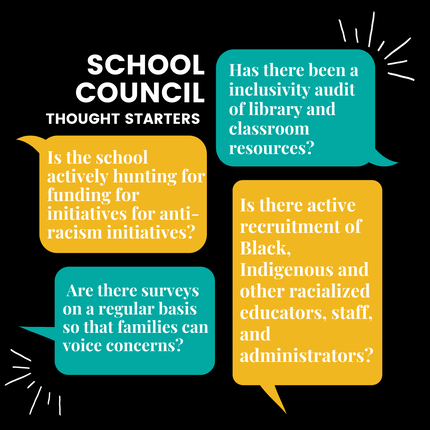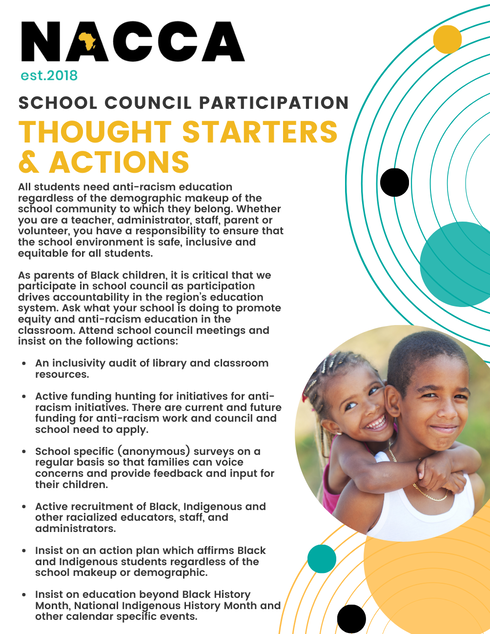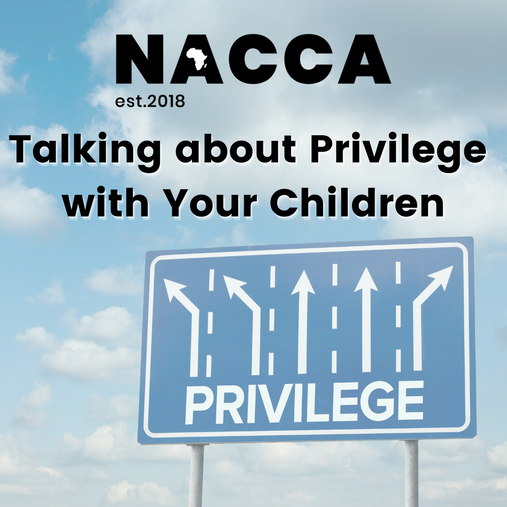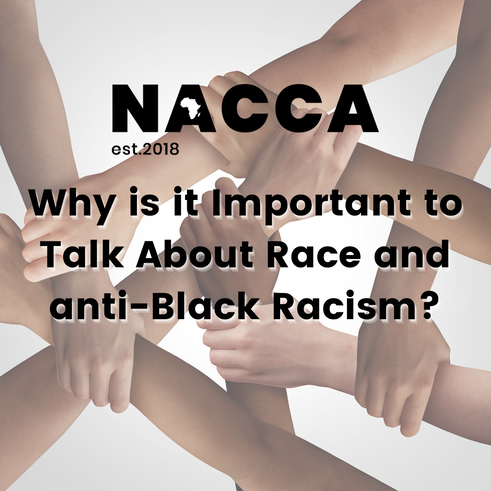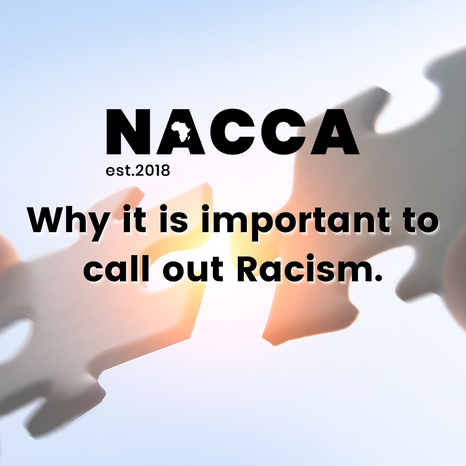12 Actions Adults Can do to Pass on the Resilience of Our People
Contact us if you would like to get a hard copy for your school.
Get Involved - School Council Participation
We hope that students are experiencing increased safety and mental wellness, whether they are engaged in online or in-person learning. Publicly funded schools have a responsibility to ensure that classrooms are free from discrimination and racial violence. As students, parents and caregivers, you can hold school administration accountable. School council participation is one critical way to ensure that your voice is heard and your questions are addressed. All students have a right to a safe and inclusive learning environment.
Anti-Racism Action Plan
| Anti-Racism Action Plan | |
| File Size: | 281 kb |
| File Type: | |
Talking About White Privilege
Some families are uncomfortable talking about privilege and may not understand what having White ‘privilege’ really means. In fact, White individuals often see the naming of white skin advantage as divisive (see Robyn D'Angelo, White Fragility).
However, having White privilege doesn’t mean you’ve never struggled or that you had an easy life. There are people who are poor or ill or have other troubles. White privilege means race is not one of those struggles White people face. In "White Privilege: Unpacking the Invisible Backpack", Peggy McIntosh notes that, "whites are carefully taught not to recognize white privilege, as males are taught not to recognize male privilege" and continues to outline a series of invisible conditions that overwhelmingly benefit White people because of their race.
Among those privileges – being oblivious to having “the talk” that happens in Black communities where parents of Black students explain to their children that they may be harmed or treated unfairly by certain people because of their skin colour, even by those who are supposed to protect them.
Parents of Black students talk to their children about how to stay safe through coaching and ongoing rehearsals of what to do when they encounter authority figures and racially biased situations. Having white privilege means White people don't carry the burden of needing to have these conversations with their children on a daily basis for survival. According to Mcintosh, as a White person, you can expect:
White privilege describes the reality that a person of color may be punished or treated differently for doing the same thing as a White person. Research shows that this disparity exists for people of colour. Examples can include:
Reflection question: how are your children taught to navigate race?
Some resources for parents:
However, having White privilege doesn’t mean you’ve never struggled or that you had an easy life. There are people who are poor or ill or have other troubles. White privilege means race is not one of those struggles White people face. In "White Privilege: Unpacking the Invisible Backpack", Peggy McIntosh notes that, "whites are carefully taught not to recognize white privilege, as males are taught not to recognize male privilege" and continues to outline a series of invisible conditions that overwhelmingly benefit White people because of their race.
Among those privileges – being oblivious to having “the talk” that happens in Black communities where parents of Black students explain to their children that they may be harmed or treated unfairly by certain people because of their skin colour, even by those who are supposed to protect them.
Parents of Black students talk to their children about how to stay safe through coaching and ongoing rehearsals of what to do when they encounter authority figures and racially biased situations. Having white privilege means White people don't carry the burden of needing to have these conversations with their children on a daily basis for survival. According to Mcintosh, as a White person, you can expect:
- When [you are] told about [your] national heritage or about “civilization,” [you are] shown that people of [your] color made it what it is.
- [You] can be sure that [your] children will be given curricular materials that testify to the existence of their race.
White privilege describes the reality that a person of color may be punished or treated differently for doing the same thing as a White person. Research shows that this disparity exists for people of colour. Examples can include:
- Being spoken to in demeaning ways
- Being unfairly questioned
- Experiencing micro-aggressions
- Being treated differently than others
- Being excluded from games and on the playground based on differences, including racial differences.
Reflection question: how are your children taught to navigate race?
Some resources for parents:
- Scene on Radio Podcast series "Seeing White"
- "How to Talk to Kids About Race: Books and Resources That Can Help" by Olugbemisola Rhuday-Perkovich
- "What White Children Need to Know About Race" by Ali Michael and Eleonora Bartoli
- White Fragility by Robyn D'Angelo
Talking About Race and anti-Black Racism
Some parents and caregivers believe they are raising their children to be more inclusive by teaching them to be “colorblind”, thereby reinforcing the false notion that if they don’t talk about color or race, their children will see everyone as equal. However, the truth is, when we teach children early-on that it's okay to talk about race, we help them to understand, respect, and appreciate the differences among people. Avoiding the conversation may be more comfortable but this only enable children to absorb society’s racial stereotypes which will likely shape negative views about Black and other racialized groups..
Anti-racism education helps to build empathy and compassion for others so children are better equipped to see the things in the world that are unjust or unfair, and feel empowered to do something about it. Anti-racism education leads to critical thinking and resilience. We can help children understand that skin color doesn’t make anyone better or worse.
Race and anti-Black Racism: What Can We Do as a Family?
Parents can do many things to raise compassionate children who want to help others. Here are a few things to do together as a family:
Make personal connections with people who are different. Consider choosing a school, or club with kids from other areas and different backgrounds. This way, children learn that they can find friends anywhere.
Learn about other cultures.
Teach Your Children to Speak Up and Take Action Against anti-Black Racism
When you see something that isn't fair, or an incident of anti-Black racism, you can teach your children to say or do something about it. Say something. Speak to a teacher or Principal. Write a letter. Create art that supports a cause — or start one. And encourage your kids to do the same.
Talk often as a family and do things together to learn about and celebrate the differences between people. You'll help nurture your child's empathy, understanding and acceptance of other people, and build your own knowledge and resilience.
Learn about Black History
Check out some amazing resources here for your family to share.
Support a Local Black Organization or Business
Visit a local Black owned business or consider supporting a local Black organization financially or with resource donations:
https://www.naccacommunity.ca/contactdonate.html
Anti-racism education helps to build empathy and compassion for others so children are better equipped to see the things in the world that are unjust or unfair, and feel empowered to do something about it. Anti-racism education leads to critical thinking and resilience. We can help children understand that skin color doesn’t make anyone better or worse.
Race and anti-Black Racism: What Can We Do as a Family?
Parents can do many things to raise compassionate children who want to help others. Here are a few things to do together as a family:
Make personal connections with people who are different. Consider choosing a school, or club with kids from other areas and different backgrounds. This way, children learn that they can find friends anywhere.
Learn about other cultures.
- Learn together about people from other places and cultures. Read books, watch movies, listen to music, and learn about celebrations that aren't part of your own traditions.
- Attend cultural fairs and museums that highlight stories, art, and the history of people who are different from you.
- Celebrate cooking from other cultures in your home and encourage your children to participate.
- Attend a local Black History Month event – learn more here: naccacommunity.ca
Teach Your Children to Speak Up and Take Action Against anti-Black Racism
When you see something that isn't fair, or an incident of anti-Black racism, you can teach your children to say or do something about it. Say something. Speak to a teacher or Principal. Write a letter. Create art that supports a cause — or start one. And encourage your kids to do the same.
Talk often as a family and do things together to learn about and celebrate the differences between people. You'll help nurture your child's empathy, understanding and acceptance of other people, and build your own knowledge and resilience.
Learn about Black History
Check out some amazing resources here for your family to share.
Support a Local Black Organization or Business
Visit a local Black owned business or consider supporting a local Black organization financially or with resource donations:
https://www.naccacommunity.ca/contactdonate.html
Calling Out Racism – a Brief Guide for Parents
When you see something, say something. And your children will learn to do the same.
This may mean calling out a family member or a friend who makes a racist joke or comment and no longer ignoring uncomfortable subjects at the dinner table or at family gatherings.
Children observe and learn a lot from their parents’ interactions and what isn’t said directly to them. The way we show and stand up for our values is very important.
Even if it’s awkward and challenging, parents should speak up when they hear family or friends say something racist because children are observing. They likely know that their relative’s comment didn’t feel right, but recognize that their parent or loved one didn’t call out that person.
Give them the tools to do the same when they may encounter racism at school or among peers.
It doesn’t need to be confrontational. It can be as simple as teaching them to say “I’m uncomfortable with what you said” or “I don’t think that’s right or nice to say.”
Parents should also help children recognize subtle undertones in media that promote racial stereotypes. You might stop the news or a movie and say I paused this because I wanted to talk about what we just heard and saw. What did you think about that?" guide the conversation.
Parents should also track what social media, YouTube or Twitter accounts their children are using and help them understand that following or sharing racist social media accounts contributes to spreading hate.
This may mean calling out a family member or a friend who makes a racist joke or comment and no longer ignoring uncomfortable subjects at the dinner table or at family gatherings.
Children observe and learn a lot from their parents’ interactions and what isn’t said directly to them. The way we show and stand up for our values is very important.
Even if it’s awkward and challenging, parents should speak up when they hear family or friends say something racist because children are observing. They likely know that their relative’s comment didn’t feel right, but recognize that their parent or loved one didn’t call out that person.
Give them the tools to do the same when they may encounter racism at school or among peers.
It doesn’t need to be confrontational. It can be as simple as teaching them to say “I’m uncomfortable with what you said” or “I don’t think that’s right or nice to say.”
Parents should also help children recognize subtle undertones in media that promote racial stereotypes. You might stop the news or a movie and say I paused this because I wanted to talk about what we just heard and saw. What did you think about that?" guide the conversation.
Parents should also track what social media, YouTube or Twitter accounts their children are using and help them understand that following or sharing racist social media accounts contributes to spreading hate.


